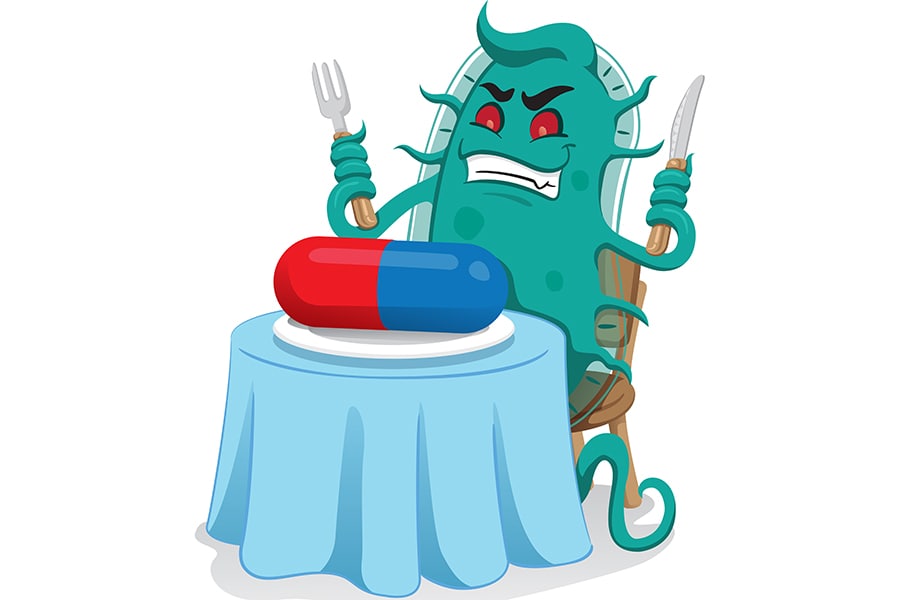
Applying economics and game theory to evolution can slow antibiotic resistance
New model demonstrates how to manage adverse evolution with policy, behavior changes
 Alone, one hospital may not have a financial incentive to do contact-tracing, but a game-theory analysis shows if every hospital took this additional step, they would all benefit economically from slowing the evolution of these bacteria.
Alone, one hospital may not have a financial incentive to do contact-tracing, but a game-theory analysis shows if every hospital took this additional step, they would all benefit economically from slowing the evolution of these bacteria.
Image: Shutterstock
From antibiotic-resistant bacteria to pests that threaten to undermine global food production, the world is facing harmful evolution that has been accelerated by human behavior.
In a new paper in the journal PLOS Biology, researchers suggest that in order to slow this adverse evolution, experts must view the problem through a lens of economics, studying human behavior and how behavior changes could result in long-term economic benefit.
“Evolution can be sped up or slowed down by human behavior, and therefore, can be managed,” said David McAdams, an economist at Duke University’s Fuqua School of Business and an author of “The Economics of Managing Evolution.”
“Evolution responds to biological changes, but it can also respond to policy changes," he said. “So we must think about the theory of evolution while also factoring in human behavior, or economics.”
[This article has been reproduced with permission from Duke University's Fuqua School of Business. This piece originally appeared on Duke Fuqua Insights]







